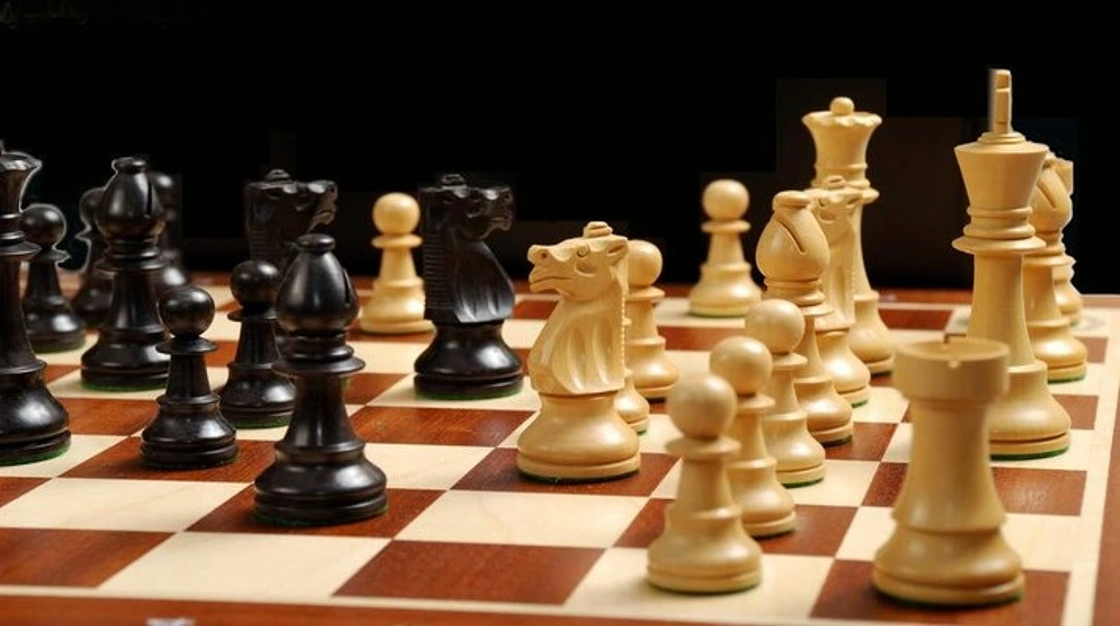Concentration, mental calculation, memory, decision and problem solving are some of the many abilities that can be acquired or reinforced by including chess as a learning tool.
The benefits of this age-old game on the educational development of children have been verified in numerous investigations. For this reason, it is becoming more and more frequent, both in our country and in the rest of the world, its use as an educational tool for children and young people in primary or secondary school to develop and improve their intellectual abilities in any area of knowledge.

Below are some of the main skills and abilities that children can acquire with their practice:
– Increases the ability to concentrate: one of the most frequent causes related to school failure is the lack of attention and concentration of students, an ability that can be easily fostered with the practice of chess, since it requires of the player a high degree of concentration and observation to be able to develop the game properly.
– Exercise memory: whether it is short-term memory, to remember the moves that have been made during the game, or long-term, so as not to forget other games played, the multiplicity of alternatives that the chess player faces has as a result an improvement in your ability to retain and remember data in your mind.
– Develops mathematical logical reasoning: it has been shown that the reasoning and analysis process used in the game of chess is very similar to that used in mathematics and, therefore, its practice can be beneficial to improve the mathematical skills of students. students.
– Improves problem-solving and decision-making skills: during the game the chess player is faced with different problems to solve, analyzing all the possible solutions and choosing the most appropriate one, often even under the pressure of the time limit to take them.
– Increases self-esteem and the desire to excel: each game is a new challenge for the player, who will try to improve his ability to play better and better; Likewise, every time he wins a game, the chess player increases his self-esteem and values his skill in the game. In the case of losing, it contributes to enhancing self-criticism.
– Helps to learn to reflect, plan and prevent: in each movement the player must reflect on all the possible plays and the attacks that can be received, so that he can anticipate the opponent’s responses and have the possible lines of play planned in advance .


